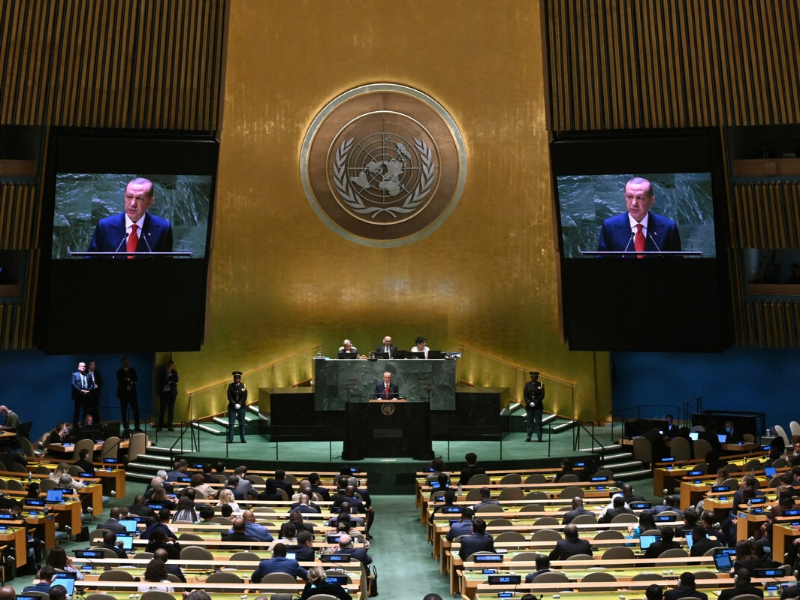- The United Nations General Assembly passed its first resolution on artificial intelligence (AI), emphasizing the need for AI to benefit all nations while respecting human rights.
- The resolution aims to bridge the digital gap between developed and developing countries, ensuring equal participation and access to AI technology.
- It highlights the urgent need for global consensus on the governance of AI systems, recognising it as an evolving field requiring further discussion on governance approaches.
The United Nations General Assembly has voted to adopt the first draft resolution on artificial intelligence (AI) to ensure the new technology benefits all nations, respects human rights, and is “safe, reliable, and trustworthy.”
Also read: Chinese AI chatbot Kimi handles 2 million characters, up from 200k
Also read: AI for corner kicks: Google Deepmind teams with Liverpool FC
It will bridge the digital divide between developed and developing countries
The resolution aims to bridge the digital divide between developed and developing countries, ensuring equal footing in AI discussions and enabling developing nations to harness AI technology and capabilities.
Acknowledging the accelerated development and use of AI, the resolution emphasises the urgent need for global consensus on “safe, reliable, and trustworthy AI systems.” It also recognises governance of AI systems as an evolving field, requiring further discussion on possible governance approaches.
The resolution was adopted through consensus without a vote
The draft resolution was proposed by the United States and co-sponsored by China and 122 other countries. Ultimately, the resolution was adopted through consensus without a vote, representing support and recognition from all 193 member states of the United Nations.
US Ambassador to the United Nations Linda Thomas-Greenfield stated, “Today, all 193 member states of the United Nations came together to choose to govern artificial intelligence rather than let it rule us.”
The European Union has already approved AI regulations on March 13, and after completing some final procedures, the new regulations are expected to take effect in May or June.

